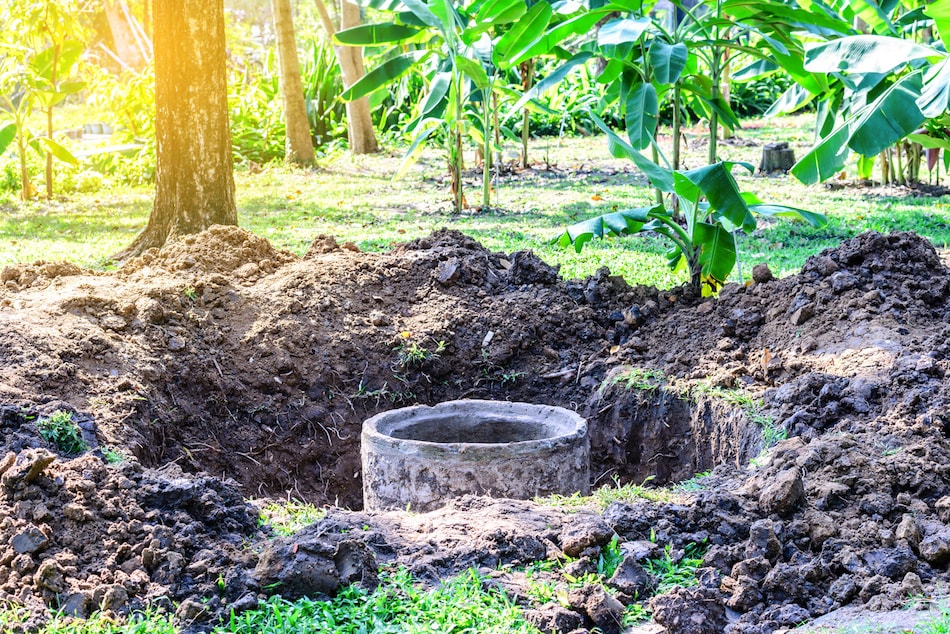Buying a Home with a Septic System
 If you've never had a home with a septic system, the thought of owning one can be intimidating. Are they a health threat? What happens if they fail? How much do they cost? If the house of your dreams has a septic system, don't rule it out until you've informed yourself about what septic systems are, the costs involved and how to maintain them.
If you've never had a home with a septic system, the thought of owning one can be intimidating. Are they a health threat? What happens if they fail? How much do they cost? If the house of your dreams has a septic system, don't rule it out until you've informed yourself about what septic systems are, the costs involved and how to maintain them.
What a Septic System Is
Septic systems are for homes which are not hooked up to municipal sewers. Most people associate them with rural living, but there are towns and even suburbs that rely on septic systems. As many as 25% of American households still depend on them.
If a home has no sewer to carry away waste, a local septic system is necessary.
Household sewage empties into an underground tank with a capacity between 1000 and 2000 gallons. Bacteria breaks down much of the waste, with the remaining solids sinking to the bottom. The remaining liquid is drained into a drain field, also known as a leech field. There, the soil filters out remaining impurities, and the liquid harmlessly evaporates.
When the system is working correctly, there are no tangible signs indicating the presence of the drain field. Moreover, there are no health concerns associated with the process.
Maintaining a Septic System
Having a septic system requires little work from the owner. For many owners, a professional should come out to pump out the sludge at the bottom of the tank every three to five years, a process which costs a few hundred dollars. Failure to do so will eventually lead to that nightmare people have about septic systems: an overflow of solid matter into the drain field. It can also damage the system, requiring costly repairs.
What to Do Before Buying
When considering a home with a septic system, there's a number of things you should do:
- Have a specialist inspect the tank, which your lender might require anyway.
- Have the inspection include a “load and dye” test. Dye is flushed down a drain with a significant quantity of water. An overloaded system can deposit the dye on the surface of the drain field, where it will be visible. Do not pump the tank before such a test.
- Ask owners about the age of the system, which can last as many as 50 years.
- Ask owners about the location of the septic tank. If they don't know, they clearly haven't had maintenance performed since taking ownership of the house.
- Ask for maintenance records.
- Have the tank pumped before purchase. Problems with the tank or the drain field sometimes become evident during the process.
Even a substantial problem with the septic system does not automatically rule out a home. You can push for the current owners to make necessary repairs or else discount the purchase price so you can have the work done yourself. But it is important to know what you are dealing with in order to gauge how much time, money and frustration might be involved.
Septic systems are not antiquated. They are built from resilient modern materials and can last for decades. Nor are they labor intensive. Periodic maintenance performed by an expert is all that is needed to keep the system working effectively. Don't let preconceptions about septic systems keep you from your dream home.


